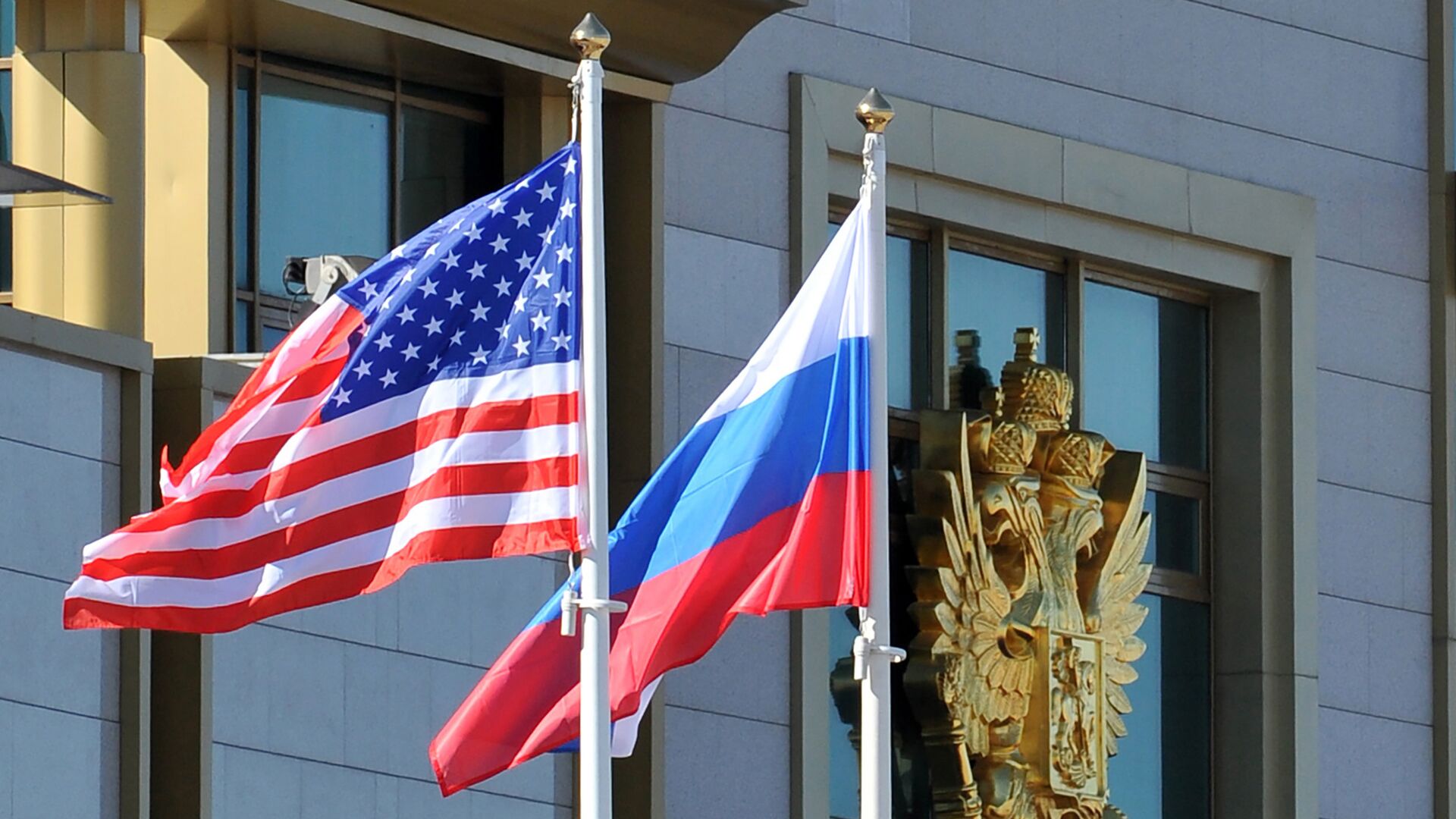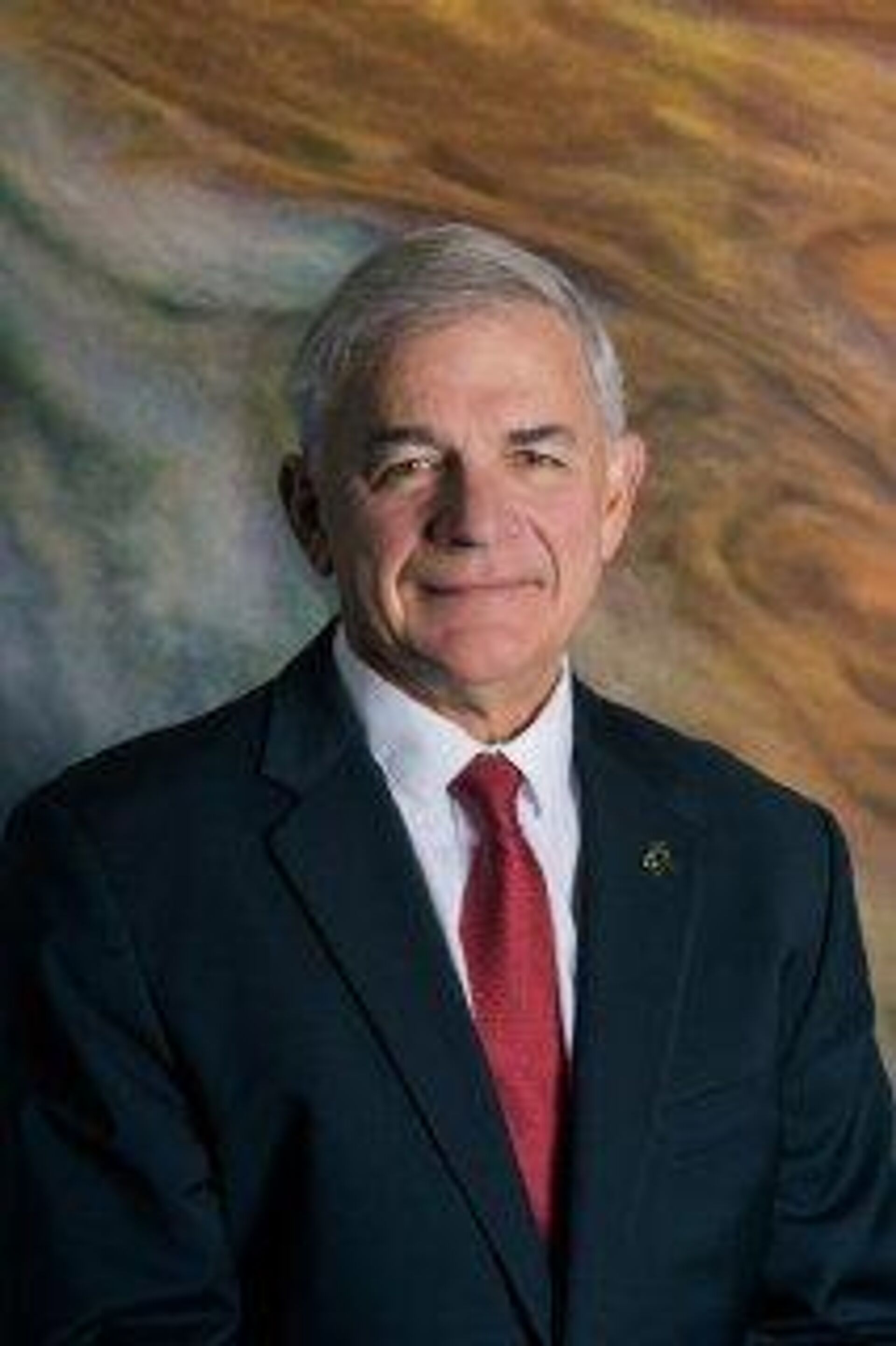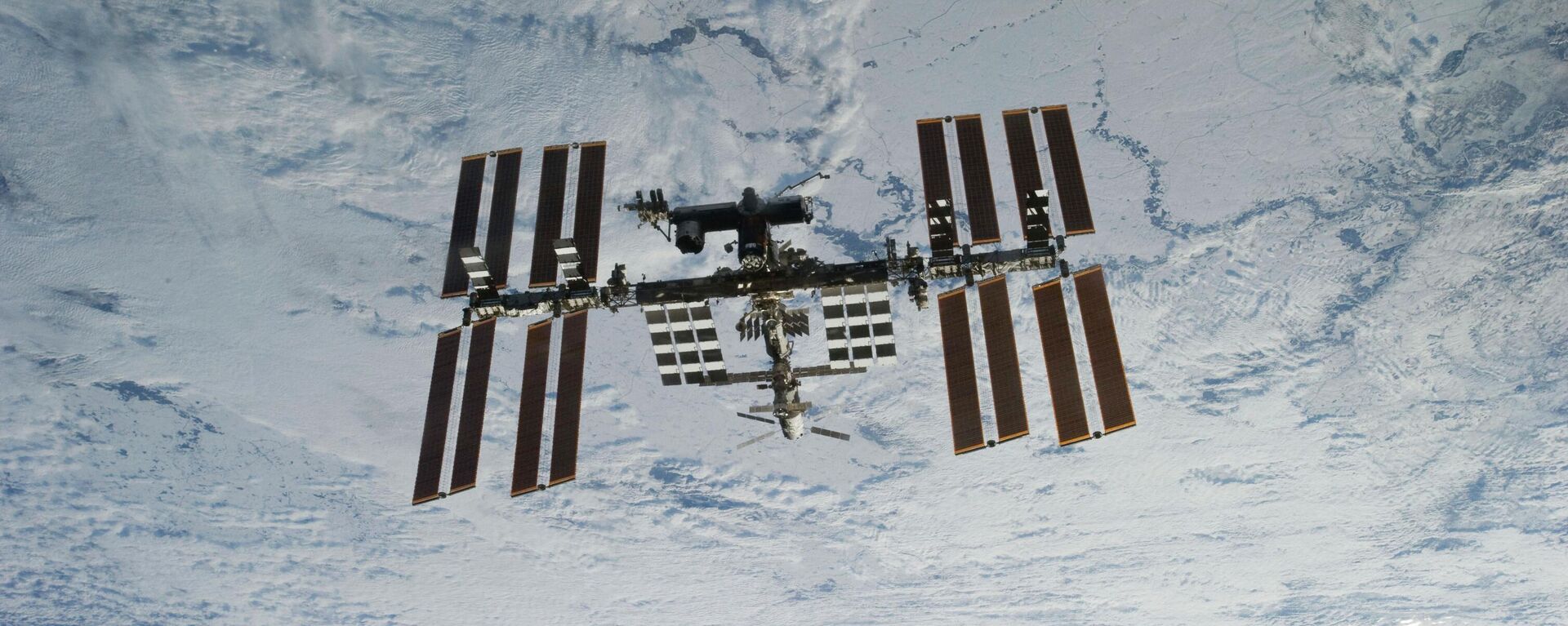US, Russia Should Build New Partnerships in Space for Next Half-Century
06:00 GMT 02.05.2023 (Updated: 17:11 GMT 20.06.2023)

© AFP 2023 / Mladen Antonov
Subscribe
WASHINGTON (Sputnik) - The United States and Russia should seek ways to keep up their cooperation in space amid the heightened geopolitical tensions while also building new partnerships for the next half century, Space Foundation CEO Tom Zelibor told Sputnik.
"Despite our political differences, the fact that we have been working, exploring, learning, and living together in space, as we have for nearly a half century, has built relationships that transcend our politics," Zelibor said.
"My hope is that it continues because the relationships our engineers, scientists, astronauts/cosmonauts, and others have developed during that time frame have shaped a transformational space age."
"We need to find ways for those relationships to remain in place while building new ones for the next half-century," he added, underscoring that the 20-plus years of the International Space Station demonstrate the best path toward success in space exploration and development requires partnerships with other nations.
"The demands in terms of costs, engineering and operation of those efforts are a burden to be shared because they cannot be carried alone," he explained. "It will require a global team of talent from international governments and their commercial industries to make our shared aspirations into future reality."
Russia and the US have continued to cooperate in space despite sanctions imposed on Moscow in light of the Ukraine conflict. In March, a SpaceX Crew Dragon spacecraft carrying the Crew-5 mission team, including Russian cosmonaut Anna Kikina, successfully splashed down off Florida's Space Coast after spending 157 days in space.

Tom Zelibor serves as the CEO of Space Foundation, a nonprofit group advocating for the global space ecosystem. Prior to heading the company, Zelibor was among the leadership of Flatirons Solution and Science Applications International Corporation, as well as a member of Homeland Security's division on minimizing risks to space systems.
© Courtesy of Space Foundation
Kikina became the first Russian cosmonaut to board a US Crew Dragon spacecraft as part of an integrated flights agreement signed by Russian space agency Roscosmos and NASA in July 2022.
At the moment, Russian cosmonauts Sergei Prokopyev, Dmitry Petelin, and Andrey Fedyaev, as well as NASA astronauts Frank Rubio, Stephen Bowen, and Warren Hoburg, and UAE astronaut Sultan Alneyadi continue to work at the ISS.
The Space Foundation, located in Colorado Springs, Colorado, is one of the leading organizations in space.
Future of ISS Past 2030
The future of the International Space Station after the year of 2030 will be very much determined by the global commercial space industry, Space Foundation CEO Tom Zelibor told Sputnik.
"In terms of what happens after 2030 and the International Space Station, that is a future that will be shaped, if not driven by the global commercial space industry," Zelibor said.
"The technologies and capabilities that are coming online from these space-oriented enterprises are a game-changer for everyone. Having those types of commercial resources available will allow not only for greater flexibility and choice, but also far more customized approaches to address the needs of those desiring low Earth orbit access for research or other commercial possibilities."
Today, there are companies approaching nations to provide potential orbiting platforms, and "that is a far different environment than our current space station or any other previous ones our nations have put into place," Zelibor added.
Last month, the Russian government extended the lifespan of the Russian segment of the ISS until 2028. The United States, Japan, Canada, and the participating countries of the European Space Agency have confirmed they will support continued space station operations through 2030, according to NASA.
When asked whether he believes space cooperation between Russia and the United States will continue and is needed after the ISS ends its existence, Zelibor stated: "I think there will always be ways for the US and Russia to work together in space."
"As the first two nation-state pioneers of space, we have a leadership responsibility to ourselves and one another to keep pushing towards the next great challenge," he said. "That is something both of our countries do quite well."
Commenting on whether cooperation in space will soon be moved from the state level to the level of private companies, Zelibor praised the "unmatched" creativity and diverse approaches that the private sector has offered.
"Today, more than 90 countries have access to space and the rise of the commercial space industry has helped make that expansive growth possible. Allowing commercial companies to provide space services allows civil space agencies/organizations to focus on other important assignments that might not otherwise get the attention they deserve," he explained.
On Thursday, NASA Administrator Bill Nelson said during a congressional hearing that the ISS will be deorbited between 2030 and 2031.





